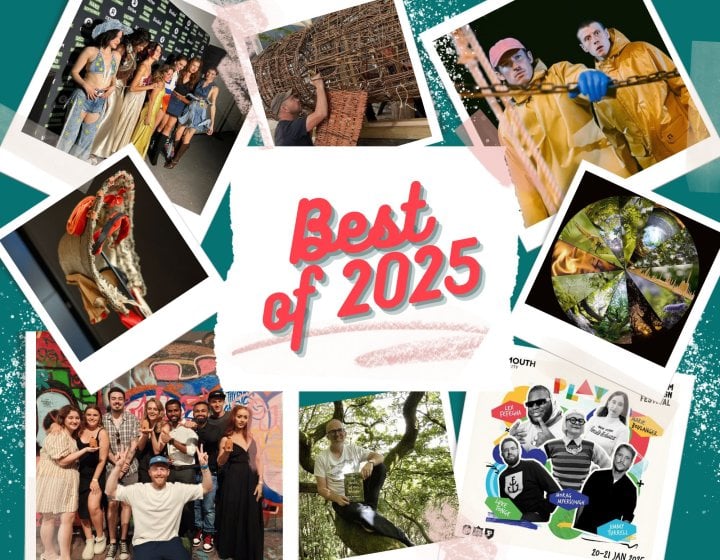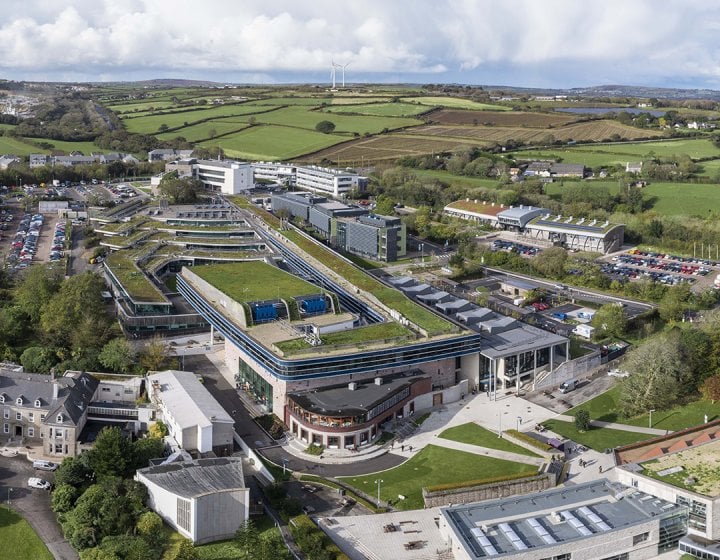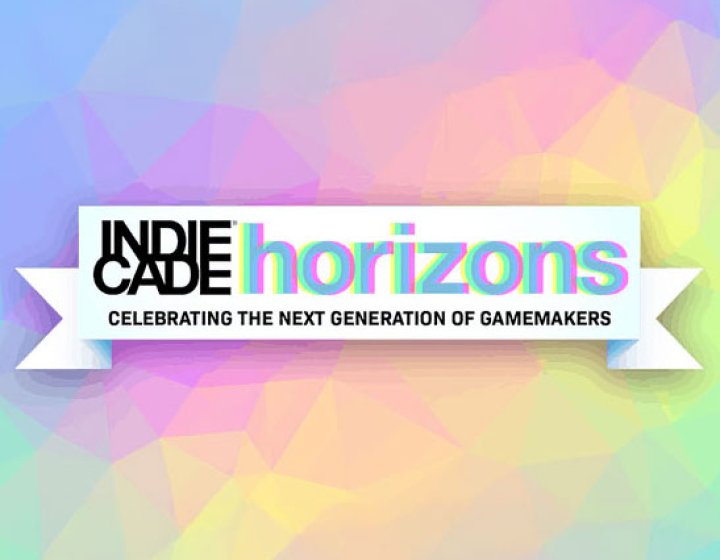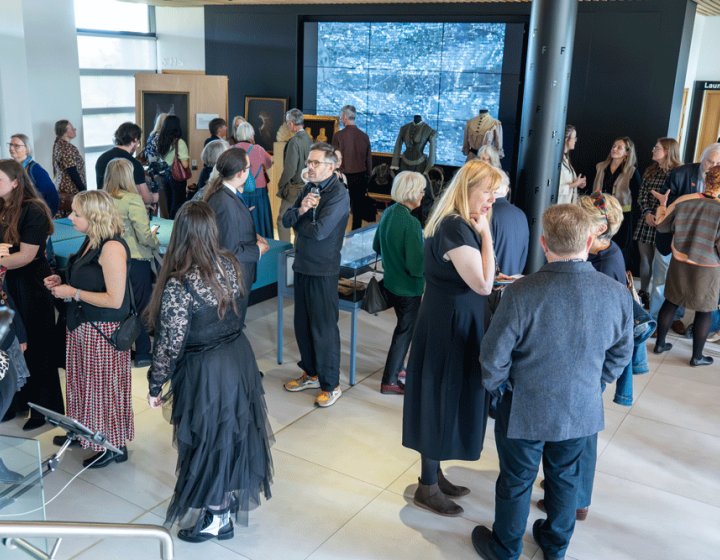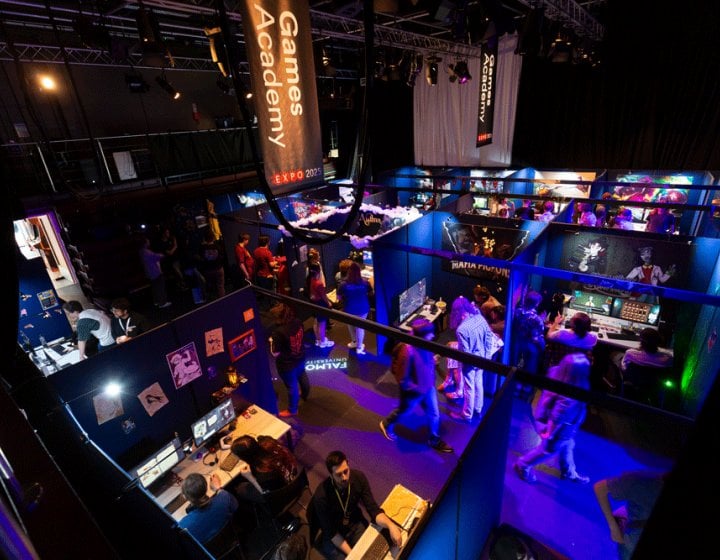Falmouth hosts Contemporary Women’s Writing conference
25 July 2025
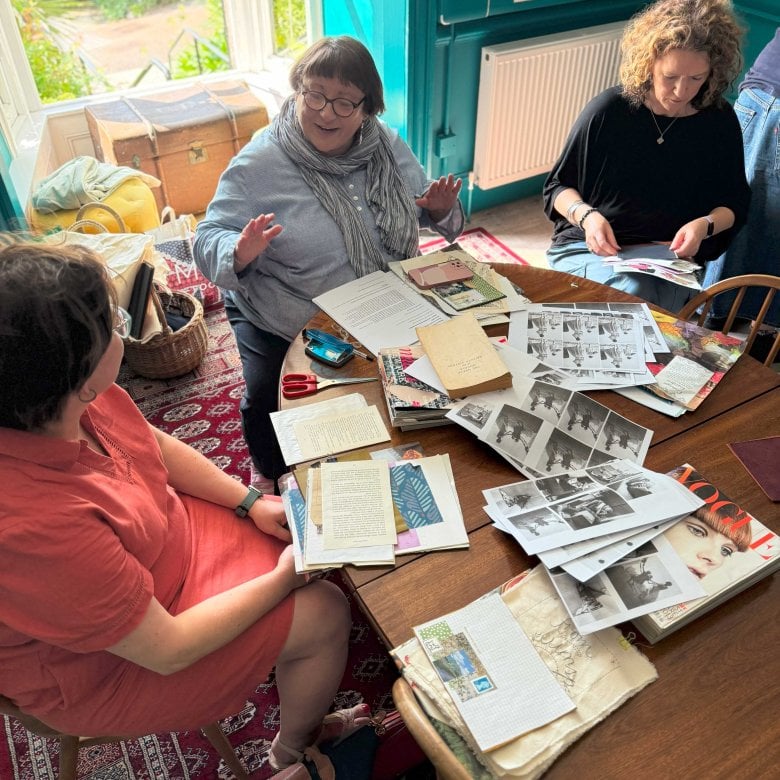
Earlier this summer Falmouth students joined academics and women’s writing enthusiasts in the lush surroundings of the university’s Falmouth Campus for three days of exciting discussion and a glimpse into insightful research. Here, Professional Writing MA student Charlotte Grant shares her experiences of the conference.
Tropical gardens and group sea swims provided the backdrop and represented the positive energy visitors from across the world found at a conference exploring and celebrating contemporary women’s writing.
The 2025 conference for the Contemporary Women’s Writing Association (CWWA) was a three-day event connecting scholars, postgraduates, and PhD students from across the globe through a range of panel discussions and research presentations.
“It was so wonderful to welcome so many people from all over the world to Falmouth University,” said Dr Jo Parsons, lecturer in English & Creative Writing, and one of the event’s chief organisers. “I loved how the focus seemed to be on helping each other, as well as how we can support and shape the future of women's writing and scholarship. It really showcased the amazing work we are doing at Falmouth in the field of women's writing, too.”
Originally established in 2005 by Mary Eagleton, the CWWA has since evolved into a vibrant network of those engaged in the multifaceted nature of contemporary women’s writing, forging links between experts and those with interests in the field.
Three speakers delivered keynotes at the conference, including Rebecca Lloyd, an independent scholar on Terry Pratchett, and Lamya Sadiq, a researcher on ambivalences and the present. Enlightening perspectives were offered on topics ranging from the visual and oral aesthetics of the melodrama to the haunting past as a reckoning of the present, and even the gendered figure of the ‘crazy cat lady’ in popular cat-based crime fiction.
In addition to the keynotes, a range of student-led workshops and panels also took place across the three days, in which women’s writing in the modes of prose, scriptwriting, poetry, writing for games, life-writing and more, were explored. Attendees were spoilt for choice in the number of events available, with titles including ‘Autobiographical Writing’, ‘Cinemas of Resistance’, and ‘Feminism and Political Landscapes’. While some discussed popular culture’s obsession with the female body, others analysed the ethics of depicting sexual violence in film, and all provided a glimpse into the compelling research of academics past and present.
